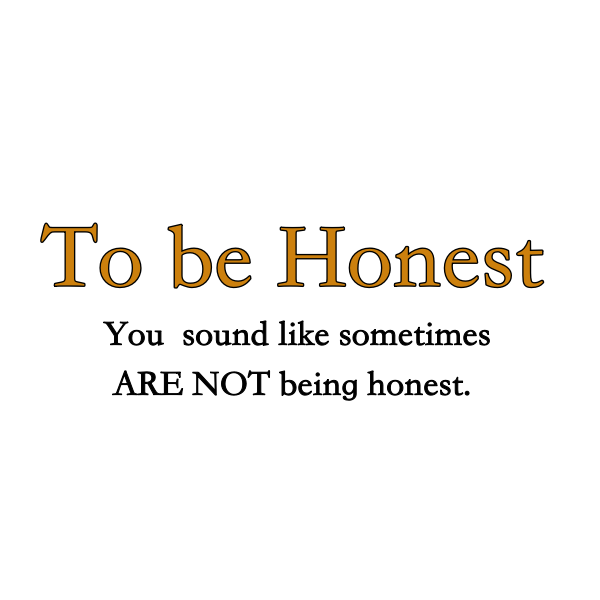While speaking or writing, language users should ditch intensifiers like “absolutely”, “completely”, and “really” from their vocabulary and mental lexicon. This will make them sound smarter and more precise.
Thank you for reading this post, don't forget to subscribe!Here at the Lingwist, we share a list of words to avoid. They are unnecessary and can be cut out.
1. Actually
“Actually” and “obviously” suggest that the audience does not understand the issue or circumstance. It seems as if you are making assumptions about other people’s levels of understanding. Overall, this word can annoy or frustrate others and cause people to disrespect you.
2. Always
The word “Always” leaves no room for exceptions and in some cases, some facts are not always true. Use more precise adverbs of frequency.
3. Amazing
“Amazing” is widely used that usually denotes “causing great surprise or sudden wonder.” It is better to replace it with more nice ones such as, “startling”, marvelous”, “astonishing”, “astounding”, “remarkable”, “miraculous”, “surprising”, “mind-blowing”, and “staggering”.
4. Honestly
In general, the word is used to add emphasis. The problem is that once you tell your audience this particular statement, you implicitly convey the meaning that THE REST OF YOUR WORDS WERE NOT.
5. Just
It’s a filler word and it makes your sentence weaker, not stronger. It also diminishes the content that follows this word. For instance, “I’m just following-up on my below e-mail.” To sound more precise, opt for other synonyms like “equitable”, “fair”, “even-handed”, or “impartial”. So, don’t use “just” at all.
6. Literally
You possibly know someone who uses ” literally” several times in a row when they want to emphasize how ” very” is something is. This makes you annoyed. In general, when something is “literally” occurring, that means that it is happening exactly as described. When is over-used, it possibly denotes that the words after it are used figuratively
7. Maybe
Adding this word makes you sound uncertain and redundant. It also makes you look uninformed and unsure of the facts you’re presenting.
8. Really
There’s no need to use “literally” to modify an adjective. A really great idea is the same as a great idea. If you need to emphasize something, such as the “greatness” of an idea, use a single word that means what you are trying to say.
9. That
Beginning authors use too many of this word in their writing and speaking.
It’s superfluous most of the time. Open any document you’ve got drafted on your desktop, and find a sentence with that in it. Read it out loud. Now read it again without “that”. If the sentence works without it, delete it.
10. Very
It doesn’t add value to the adjective you want to highlight. Use more precise words. For example, instead of saying ” very afraid” replaced it with ” terrified”. These are some of the other precise adjectives.
“very dirty” to “squalid”
“very good” to “superb”
“very large” to “colossal”
“very neat” to “immaculate”
“very ugly” to “hideous”
“very thin” to “gaunt”







